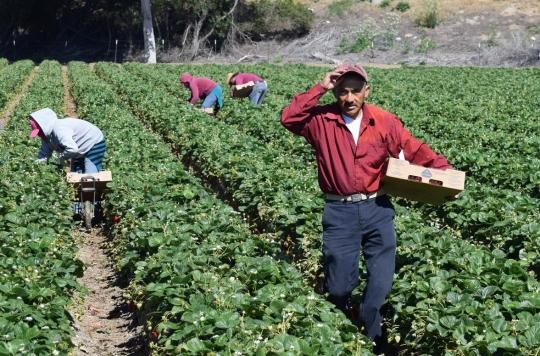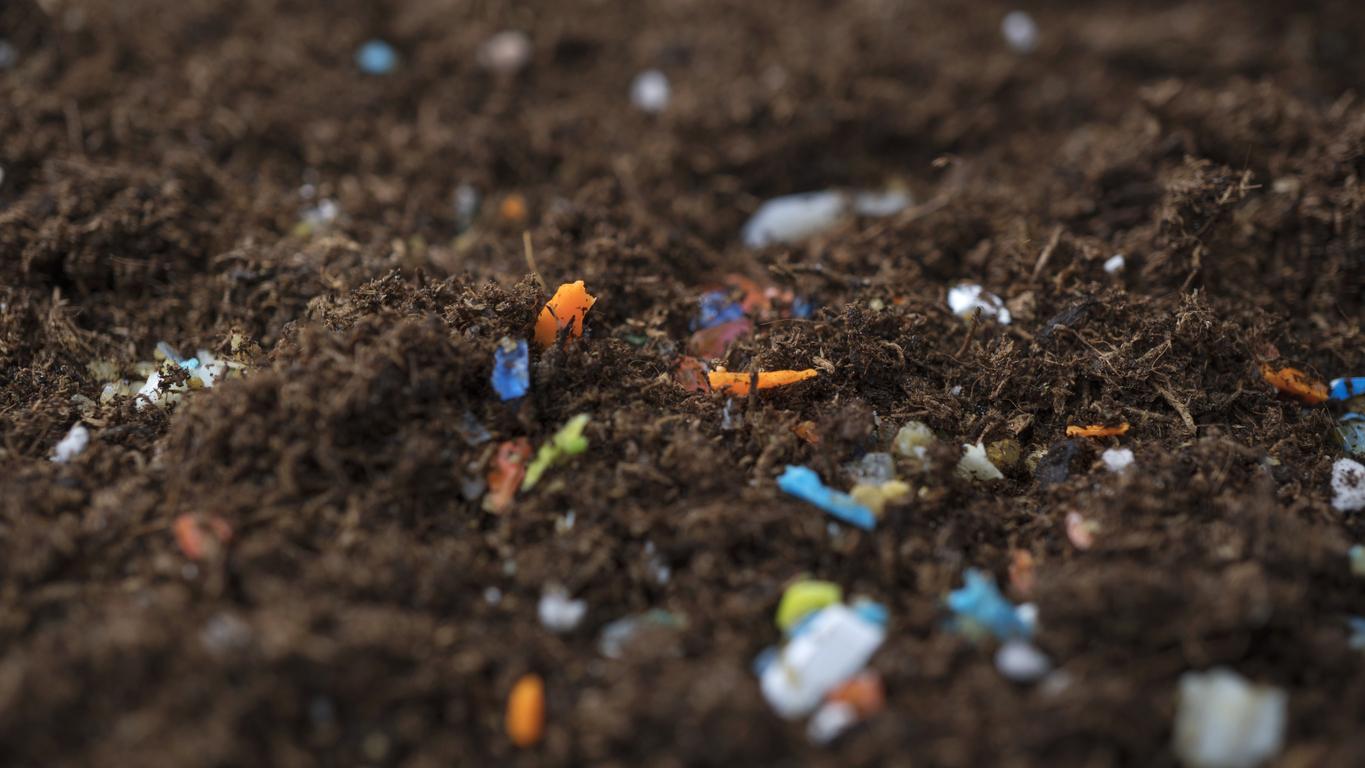The emergence of new cases of Covid-19 among seasonal agricultural workers in the south of France raises questions about their living conditions.

The influx of positive cases of seasonal workers at the screening sites of the hospital in Arles (Bouches-du-Rhône) sounded the alarm during Pentecost. Since then, passive screening work among these precarious, and often foreign, workers has made it possible to discover 112 positive cases between Vaucluse, Bouches-du-Rhône and Gard. For the time being, the spread of the virus seems limited to 11 clusters – 8 in Bouches-du-Rhône, 2 in Vaucluse and 1 in Gard – visibly under control. “There is no uncontrolled evolution of the epidemic focus, it is quite the contrary localized and circumscribed. What matters is controlling the chain of contamination“, insists Bertrand Gaume prefect of Vaucluse to du Dauphiné released on Tuesday.
“A large part” of these workers are employees of the interim agency Terra Fecundis, assures Provence. 20 minutes, for its part, claims that “most of the seasonal workers transported by bus by Terra Fecundis disembarked in full confinement, dodging the rare border checks at night.“Serious accusations which do not surprise Jean-Yves Constantin, vice-president of the Mutuelle sociale agricole (MSA) attentive to the status of posted workers and to the ‘sprains’ of regulations in the agricultural sector. “These temporary work companies and the user companies have tried to disregard the rules for crossing borders and have undoubtedly contributed to the spread of the virus by circulating seasonal workers from one farm to another.“, denounces Jean-Yves Constantin near 20 minutes.
Suspicions of concealed work
This Spanish company puts agricultural workers, often Spanish, South American or African, in contact with French farmers in need of arms. And the work is not lacking, even today. The operation “arms for your plate” – launched by the Minister of Agriculture Didier Guillaume in full confinement to save the crops which threatened to be lost due to border closures – failed to convince French farmers few of which agreed to employ neophytes.
Last May, was to be held “the largest social dumping case ever judged on French territory” according to the newspaper La Provence. Terra Fecundis was to stand there in the dock. She is suspected of having embezzled between 2012 and 2015 a little more than 112 million euros in contributions from the Social Security funds. The trial was postponed indefinitely following the disruption of judicial agendas due to confinement.In addition to this accusation of fraud, the company is suspected of “concealed work in an organized gang”.Serious accusations that the company’s lawyer dismisses from a backhand. “My client is being sued, we are only applying the rules of European law”, supports Me Guy André, the operator’s lawyer in France contacted by La Provence.
Places conducive to the transmission of the virus
In addition, 20 minutes recalls that in 2017 the Gard prefecture closed housing for this agricultural temporary agency due to “the disgusting state of the rooms, toilets, bathrooms and kitchens“These employees who are now infected were sometimes housed by the company or in workers’ hostels, places conducive to the transmission of the virus because of overcrowding.
In its epidemiological update of June 11 on data up to June 9, Public Health France details the places where clusters most often develop – outside the family unit. It is clear that alongside health establishments, social establishments are also strongly affected. 15% of the clusters in France relate to social and integration establishments, and 5.7% to vulnerable communities including migrants in precarious situations.
.















